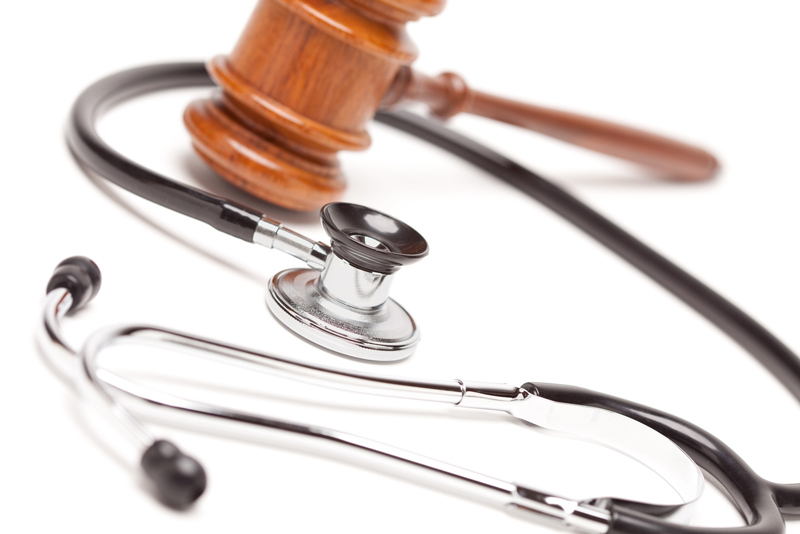Defective medical products cause thousands of injuries every year in the United States and a number of cases are registered under product liability. Such cases require records review, and attorneys handling such cases require the service of medical record retrieval companies. People are often confused about medical malpractice and product liability cases. When a patient who has undergone a surgery that involved the implantation of a medical device is injured because of the faulty device, is the doctor to blame for the injury? Typically, when a medical device malfunctions it is a matter brought to the courts under product liability law. However, there can be a malpractice component in such a case depending on the facts of the case.
What constitutes medical malpractice?
A doctor who has been negligent could be sued for medical malpractice. The doctor failed to perform the surgery with an expected degree of care and competence. A plaintiff filing a medical malpractice case must show that the doctor failed to perform his duties with a normal “standard of care” typical of other doctors like him or in a position similar to him. Apart from surgeons, hospitals, nurses and other medical care providers can also be sued for malpractice.
What constitutes product liability?
Product liability is an area of tort law that deals with injuries caused by defective products. Any kind of product can cause harm to users, and among the most common products that cause harm are medical devices and prescription drugs. A defective product could be defective due to a design flaw, a manufacturing defect, or an inadequate warning. When the defect causes injury to the consumer, it becomes a product liability case. For example, when a metal-on-metal artificial hip causes metal shavings to leak into the body and contaminate the blood to dangerous levels, the patient may sue the manufacturer.
It is difficult to distinguish between these two types of cases. Since there are separate defendants – the surgeon on one side and the defective product manufacturer on the other side – at some point or other they will accuse each other. The surgeon may say he/she performed the surgery properly, but was unaware of the defect in the product, which caused the injury.The product manufacturer may say the product is not defective, but the surgeon performed the procedure incorrectly and that led to the injury.
Some cases can be a mix of product liability and medical negligence. For example, take the case of a patient who was injured by a defective artificial hip implant. Consider that she also developed a painful infection near the surgical site in the months following the surgery. This infection was the result of insufficient sterilization practices at the hospital. Here, the patient can bring claims for both the defective product and for medical malpractice.
As a company providing medical record review services to medical malpractice and product liability attorneys, we are aware that even if a medical device is defective, care providers must ensure the appropriate standard of care. Implanting a defective medical device without due diligence is not acceptable by any standards. Clear and concise documentation is indispensable to a product liability or medical malpractice case’s outcome. In the absence of this information, it will be difficult to prove there was no fault on the part of the designer, manufacturer, or seller of the faulty product/device, or on the part of the doctor.




